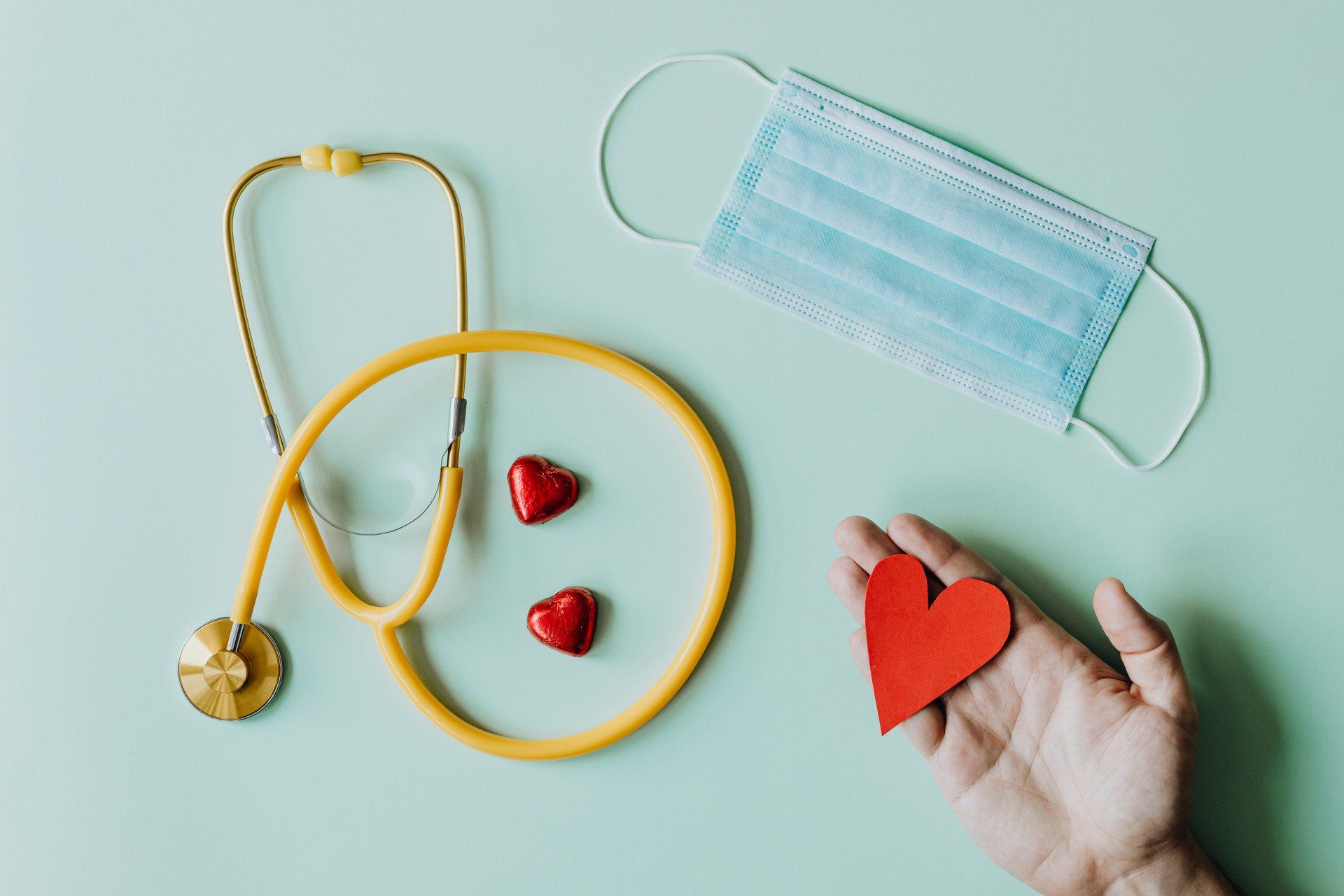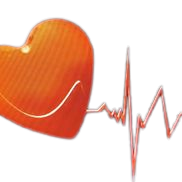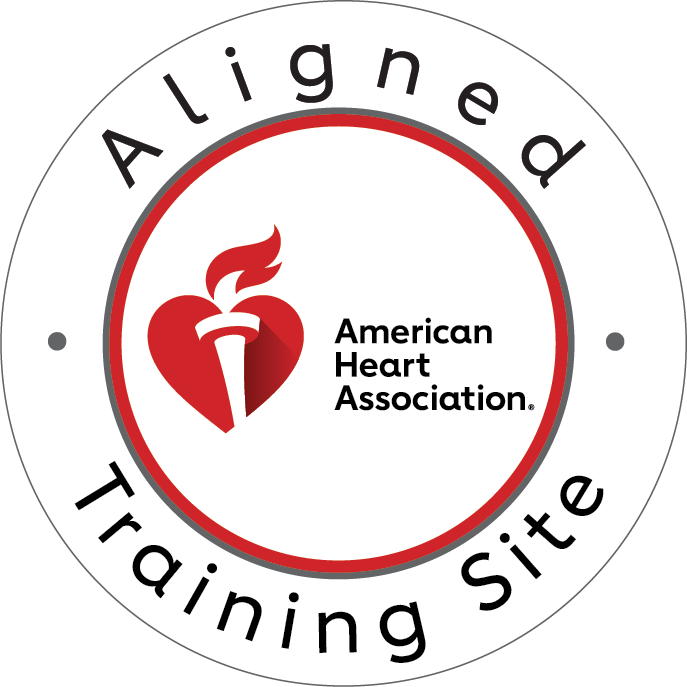CPR for the female gender
This is a subtitle for your new post

Key Takeaways
- Women are less likely than men to receive CPR from a bystander in the event of an out-of-hospital cardiac arrest, often due to unfounded fears and misconceptions.
- Laws in most jurisdictions protect bystanders who treat cardiac arrest victims in good faith.
- Immediate, high-quality CPR is critical to survival and improved long-term outcomes for all individuals with cardiac arrest.
According to a recent survey from the American Heart Association (AHA), men who suffer out-of-hospital cardiac arrest in a public location receive cardiopulmonary resuscitation (CPR) from a bystander 45% of the time. Women, in comparison, receive bystander CPR in only 39% of cases. As a result, men have a 23% higher survival rate.
The AHA surveyed 520 non-healthcare providers. All participants were over the age of 18 and were able to correctly define CPR. The survey asked respondents to rank the following five main themes identified in previous research and apply them to various potential cardiac arrest scenarios.
Bystander CPR Prevents Death and Improves Outcomes
Immediate, high-quality CPR is crucial to survival and long-term prognosis for both men and women.
“The survival rate of out-of-hospital cardiac arrest is quite low, unfortunately, and the most critical intervention is CPR.
In addition to saving lives, bystander CPR prevents long-term neurological damage when the brain does not receive oxygen during a cardiac arrest.
Could There Be Legal Ramifications to Performing CPR?
There is little reason to worry about the legal consequences of providing care to cardiac arrest victims in good faith.
“Sexual offenses require an element of intent,” Lawyers says. “I’ve never seen or heard of a case where a cardiac arrest victim prosecuted a bystander for performing CPR. Innocent people are not found guilty in situations like this.”
it's important not to overthink whether or not they should perform CPR when someone is in need.
“We want people to perform CPR. We don’t want them thinking, Can I get sued?” he says. “Just because you cannot now touch a woman inappropriately doesn't mean you will be charged with sexual assault if you give a woman CPR.”
(From Verywell health)

